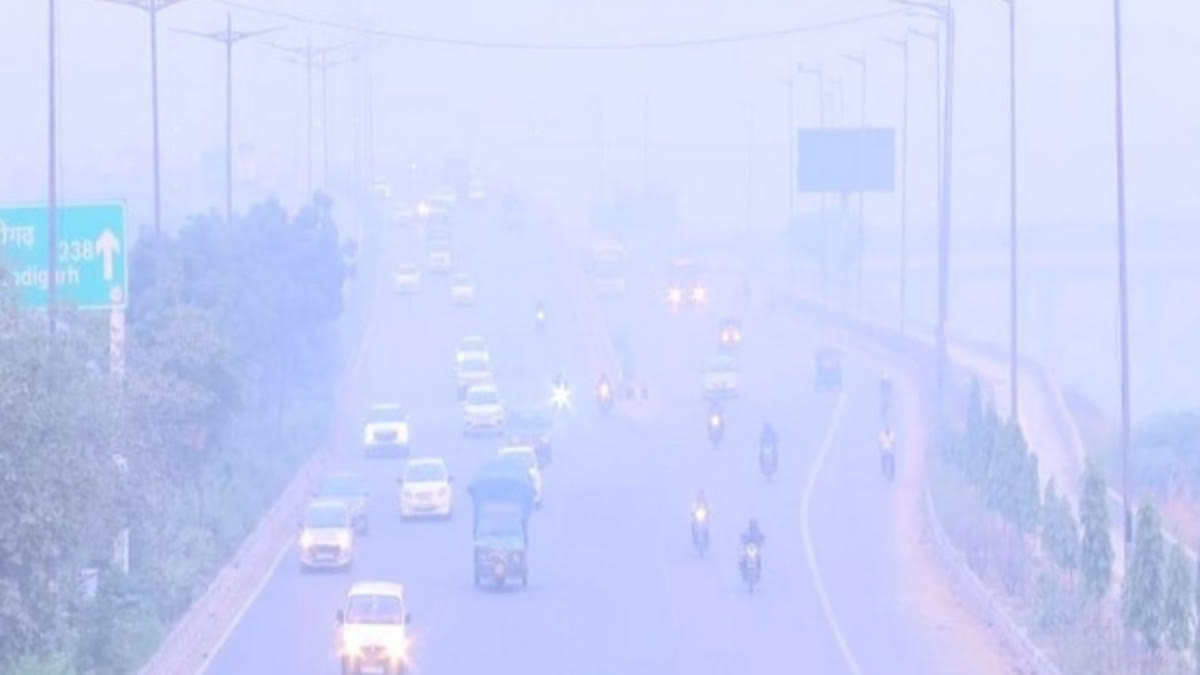Hyderabad: The National Pollution Control Day is observed annually on December 2 in remembrance of the people, who lost their lives in the 1984 Bhopal Gas Tragedy. That day saw the release of the toxic gas, methyl isocyanate, or MIC, which claimed thousands of lives in Bhopal (Madhya Pradesh). Among the worst industrial pollution tragedies in history is the 1984 Bhopal gas disaster.
Pollution control means to reduce or get rid of dangerous pollutants that are released into the environment. Pollution control does not include emissions from natural sources, it only deals with waste and pollutants produced by human activity, which includes hazardous chemicals like oil, smoke, metal particles, carbon monoxide (CO), and greenhouse gases.
The main purpose of this day is to increase public awareness of the need to stop industrial disasters. The goal of the day is to promote sustainable practices among people and businesses, as well as to implement pollution control strategies and increase public awareness of environmental pollution.
This day is observed to highlight the importance of preventing industrial disasters. The day is committed to making people aware and educating industrialists to follow sustainable development strategies and implement air pollution control measures to help reduce environmental pollution.
History: The 1984 Bhopal Gas Tragedy is one of the deadliest industrial disasters in history which took place on December 2-3, 1984. Thousands of people died as a result of a deadly gas leak at the Union Carbide India Limited pesticide plant in Bhopal and the survivors suffered long-term effects. This horrific event acted as a wake-up call, highlighting the grave consequences of industrial irresponsibility and the pressing requirement for extensive pollution control measures.
Impact of pollution on health: According to the reports, every year, at least seven million people die in India due to air pollution, while indoor air pollution affects four million people. Nine out of ten people on the globe do not have access to clean air. Pollution is a global health hazard and is not restricted to India only. The entire world is dealing with it. Therefore, there is an urgent need to unite and reduce pollution to live a healthy life. Almost 90 per cent of the air that we breathe is probably polluted. It can cause various respiratory diseases, cardiovascular issues, and even early death. Water pollution can destroy marine life. Soil pollution can damage our crops and may result in food poverty. Noise pollution can cause heart attack, hearing loss, and stress.
Ways to control pollution: There are various ways through which we can control pollution which include, evaluating the environmental impact, pollution monitoring, public awareness and education, technological innovations, tree plantation drives, clean-up campaigns, industrial initiatives and more. If we take these steps together, we can control pollution.
COVID-19 impact on Air pollution in India: Researchers and environmentalists referred to the COVID-19 pandemic as a "blessing in disguise" because lockdowns have significantly decreased air pollution. Because of the pandemic, the air we breathe has now become low in carbon. The lockdown and restricted movements have greatly enhanced the quality of environment around us.
According to NASA and the ESA report, in 2020, there was nearly a 40 to 50 per cent decrease in the NO2 concentration in the atmosphere of Delhi and Mumbai compared to 2019.
Most polluted cities in India: According to a report by IQAir, a Swiss group that accesses air quality in 100 major cities, Delhi secured the top spot as the world's most polluted city, with Kolkata ranking fourth and Mumbai securing ninth position. The air quality is assessed on the concentration of PM 2.5 which are airborne particles harmful to the lungs. It is important to control pollution and it is not the only responsibility of the government. We all need to work together to keep our environment clean so that our future generation can live a healthy and disease-free life.



